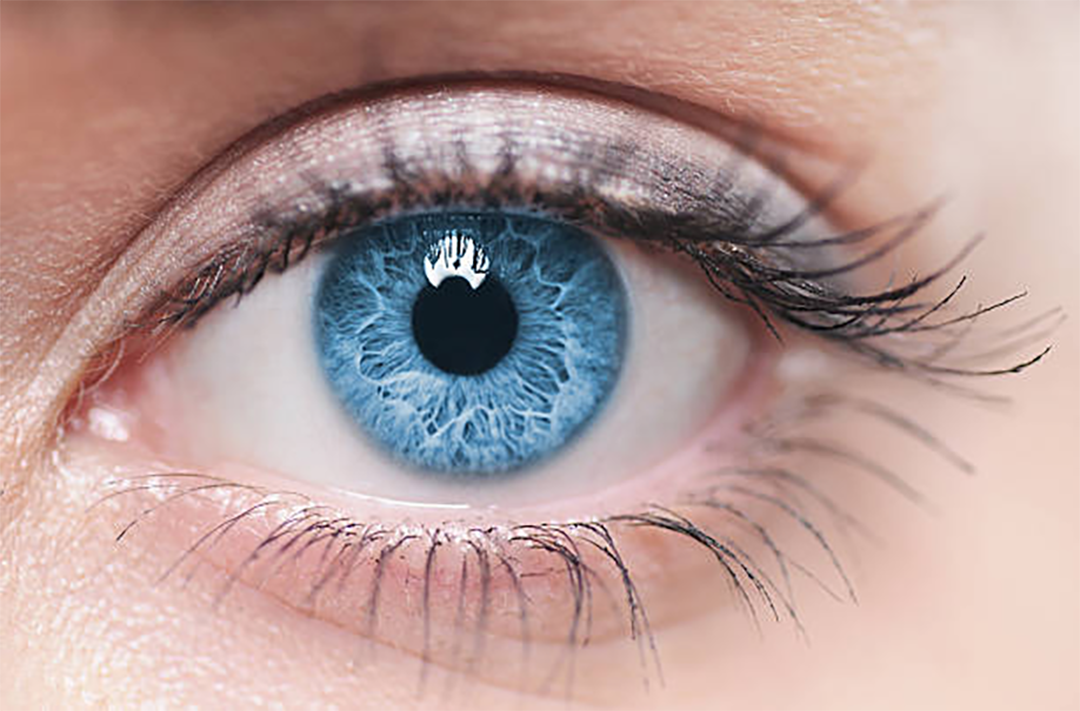 The eyes are the source of human sight, making them some of the most important organs we have. But unfortunately, millions of people neglect their eye health, ultimately leading to avoidable complications and unnecessary suffering.
The eyes are the source of human sight, making them some of the most important organs we have. But unfortunately, millions of people neglect their eye health, ultimately leading to avoidable complications and unnecessary suffering.
What strategies can you incorporate to improve your eye health consistently? And why is it so important?
The Complicated Nature of Eye Health
Eye health is a somewhat complicated topic because it’s so interrelated to other aspects of health. Certain health complications, like diabetes, can have a direct impact on the health of your eyes, and eye health problems can cause other health problems in your body as well.
There are many potential problems that could affect your eyes, including glaucoma, cancer, retinal detachment, and problems related to direct, physical trauma. Some of these problems are a result of exposure to certain hazards, while others are purely genetic or unpreventable.
Vision problems are sometimes considered eye health problems, despite the fact that they’re both common and difficult to prevent. These days, there are more options for dealing with poor vision than ever before, including a diversity of glasses and contact lenses to choose from, as well as procedures like LASIK surgery. However, vision problems still represent only a portion of eye health problems broadly.
How to Improve Your Eye Health
These measures can help you improve your eye health, prevent complications, and stave off vision degeneration.
- Attend annual comprehensive eye exams. One of the best things you can do for your eye health is attend annual, comprehensive eye exams. This is your opportunity to gauge your eye health, discover potential problems, and resolve those problems before they grow any worse. Many eye health problems lurk insidiously beneath your notice, sometimes for years. Only a trained medical professional can help you spot them.
- Learn your family eye health history. Many eye health issues run in the family, so get to know your family’s eye health history to better understand your individual risk factors. You can’t prevent every eye health complication, but you can be on your guard for what might happen to you in the future.
- Keep an eye on your blood sugar. Diabetes can lead to blindness. The good news is that blindness is almost always preventable. Accordingly, it’s important to keep an eye on your blood sugar and reduce your risk for diabetes overall.
- Maintain a healthy weight. In line with this, you should strive to maintain a healthy weight. Obesity increases your risk for a variety of eye health problems, as well as a multitude of general health problems. Eating properly and exercising regularly is enough to keep most people in decent shape.
- Drink water and eat a balanced diet. Nutrition plays a significant role in your eye health as well. Vitamins and minerals like vitamins A, C, and E, zinc, lutein, and zeaxanthin are all vital for healthy, functioning eyes. If you’re striving to maintain a healthy weight, you’re probably already drinking plenty of water and eating a balanced diet. If not, add more water to your daily regimen and eat plenty of fruits and vegetables.
- Wear eye protection when necessary or advisable. It’s important to wear eye protection whenever necessary or advisable, and in a variety of situations. If you’re working with power tools or in any environment that generates lots of dust or debris, it’s important to wear protective goggles. If you’re engaging in an activity that could be harmful to your vision, such as welding, you need to wear the proper protective gear. Even being outside in the bright sun can be harmful to your eyes without UV-blocking sunglasses.
- Rest your eyes routinely. Excessive eye strain can lead to eye health complications and vision problems. That’s why it’s important to rest your eyes routinely, taking breaks from vision intensive activities for several minutes every hour. Staring into the distance or closing your eyes can give them an opportunity to rest.
- Practice good hygiene. Always practice good hygiene, especially in matters directly related to your eyes. For example, it’s important to change out your contact lenses regularly and clean them (if they’re not disposable). Always wash your hands thoroughly before touching your eyes.
- Quit smoking (or don’t start). Smoking can be devastating for your eye health (as well as your lung health and general health). It’s linked to macular degeneration, optic nerve damage, cataracts, and blindness. If you’re currently a smoker, now is the time to quit. If you don’t smoke, don’t start.
Even with a good family history and proactive eye care, it’s possible for your eye health to decline, especially as you get older. That’s why it’s so important to continue making regular visits to your ophthalmologist so you can catch potential issues before they become worse.

